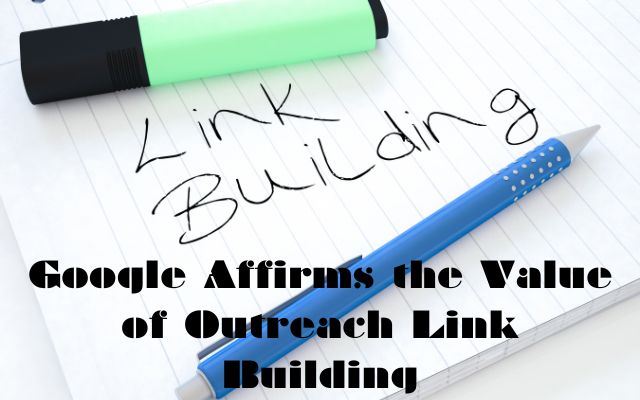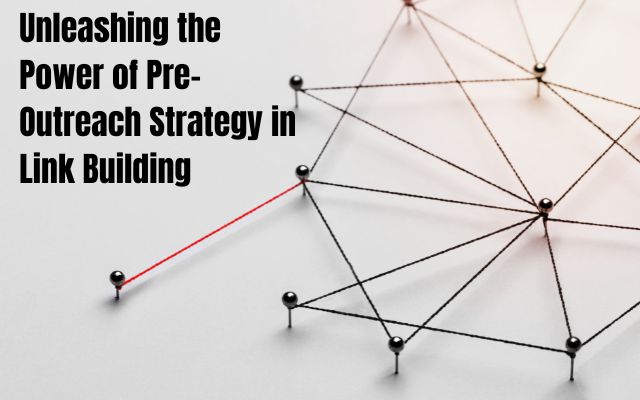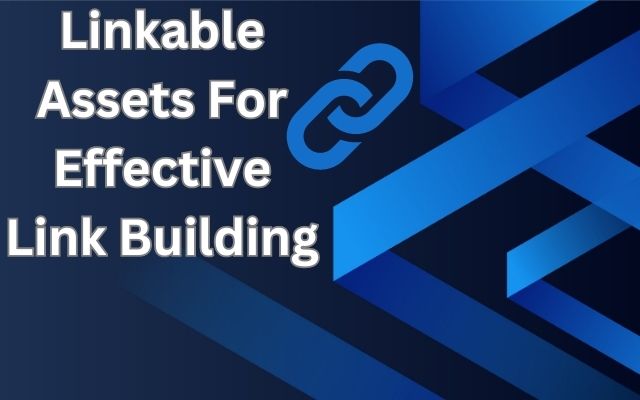How to Build Links at Scale Without Sacrificing Quality

One effective approach to enhancing your website’s visibility is learning how to build links at scale without sacrificing quality. Link building is a crucial aspect of any successful SEO strategy. High-quality backlinks not only drive traffic to your website but also enhance its authority and visibility in search engine rankings. However, building links at scale can be challenging, as it often leads to a compromise in quality. Here is effective techniques to build links at scale without sacrificing quality. By following these strategies, you can create a robust link profile while maintaining a focus on valuable and authoritative links.
Building high-quality links at scale
Here are key steps to achieve it:
- Develop a clear link building strategy.
- Create valuable and engaging content.
- Select reputable websites for guest posting.
- Create resourceful content that attracts links.
- Build relationships with influencers and experts.
- Utilize broken link building.
- Monitor and maintain a healthy link profile.
Develop a Link Building Strategy:
Before diving into link building, it’s essential to have a well-defined strategy. Determine your target audience, identify relevant websites, and establish clear goals for your link building campaign. A comprehensive strategy helps maintain a structured approach and ensures that you’re building links on high-quality websites.
Focus on Content Quality:
Producing high-quality content is the cornerstone of successful link building. Create valuable content for your target audience by making it distinctive, interesting, and educational. By offering exceptional content, you increase the chances of attracting organic backlinks from authoritative sources, thereby building links naturally.
Guest Posting with Care:
Guest posting can be an effective way to build links at scale, but it requires careful execution. Instead of mass-submitting low-quality articles to numerous websites, select reputable and relevant websites that accept guest posts. Craft well-researched, original, and informative articles tailored to each target website’s audience. This approach ensures that your guest posts provide value to readers and establish your authority in the industry.
Resource Link Building:
Resource link building involves creating high-quality resources on your website that other sites would find valuable and link to. Develop comprehensive guides, tutorials, or infographics that offer unique insights or solve common problems in your niche. Promote these resources to relevant websites and bloggers who may find them useful, increasing the likelihood of obtaining authoritative backlinks.
Establish Relationships with Influencers and Industry Experts:
Building relationships with influencers and industry experts can significantly amplify your link building efforts. Engage with them on social media, attend industry events, and offer to collaborate on content projects. By fostering genuine connections, you increase the chances of gaining high-quality backlinks from influential figures in your industry.
Broken Link Building:
Broken link building involves finding broken links on authoritative websites and offering your content as a replacement. Identify relevant websites in your niche and use tools like Check My Links or Broken Link Checker to find broken links within their content. Advise the webmasters of the broken links and offer your content as a replacement by getting in touch with them. This strategy provides value to website owners while earning you high-quality backlinks.
Monitor and Analyze Your Link Profile:
Regularly monitor and analyze your link profile to ensure its quality and diversity. Use tools like Google Search Console, Ahrefs, or Moz to assess the authority, relevance, and health of your backlinks. Disavow any low-quality or spammy links to maintain a clean link profile and prevent potential penalties from search engines.
FAQ
Q: Why is link building important for SEO?
A: Link building plays a vital role in SEO because search engines consider backlinks as a vote of confidence and trust in your website. When reputable and authoritative websites link to your content, search engines view your website as valuable and relevant, leading to higher rankings in search results. Backlinks also drive referral traffic to your website, expanding your online visibility and potentially increasing conversions.
Q: What is the difference between quality links and low-quality links?
A: Quality links, also known as high-quality or authoritative links, come from reputable and trustworthy websites that have a strong online presence and a good reputation in their respective industries. These links are relevant to your website’s content, provide value to users, and have a natural and organic linking pattern. Low-quality links, on the other hand, come from spammy or low-authority websites, irrelevant sources, or link farms. They often lack value, are acquired through manipulative tactics, and can harm your website’s SEO efforts.
Q: How can I build links at scale without sacrificing quality?
A: Building links at scale while maintaining quality requires a strategic and thoughtful approach. Here are some key strategies to achieve this:
- Develop a clear link building strategy with defined goals and target audience.
- Focus on creating high-quality and valuable content that naturally attracts backlinks.
- Select reputable and relevant websites for guest posting, providing well-researched and informative articles.
- Create resourceful content on your website that other sites would want to link to.
- Build relationships with influencers and industry experts, collaborating on content and earning backlinks.
- Utilize broken link building by finding broken links on authoritative websites and offering your content as a replacement.
- Regularly monitor and analyze your link profile, disavowing any low-quality or spammy links.
By implementing these strategies, you can build a strong backlink profile that positively impacts your SEO efforts without compromising on quality.
Q: How long does it take to see the results of link building?
A: The time it takes to see the results of link building can vary. It depends on factors such as the competitiveness of your industry, the quality of the backlinks, the frequency of link acquisition, and the algorithms of search engines. Generally, it takes time for search engines to discover and evaluate new backlinks, and for your website to climb up in search rankings. It’s important to approach link building as a long-term strategy and focus on consistently building quality links over time, rather than expecting immediate results.
Q: Are there any risks or potential drawbacks of link building?
A: While link building is an essential aspect of SEO, there are potential risks and drawbacks to be aware of. These include:
- Low-quality or spammy backlinks can harm your website’s reputation and SEO performance.
- Over-optimized anchor text or an unnatural link profile may trigger search engine penalties.
- Link building techniques that violate search engine guidelines (e.g., buying links) can lead to severe penalties or even deindexing.
- Link building requires time and effort, and results may not be immediate.
To mitigate these risks, it’s crucial to focus on building high-quality and natural links, adhere to search engine guidelines, and consistently monitor and analyze your link profile to ensure its quality and relevance.
Conclusion:
Building links at scale without sacrificing quality requires a strategic and focused approach. By prioritizing content quality, leveraging guest posting selectively, creating valuable resources, nurturing relationships with influencers, utilizing broken link building, and monitoring your link profile, you can build a robust backlink profile that boosts your website’s authority and visibility. Remember, quality should always be at the forefront of your link building efforts, as it leads to long-term success in search engine rankings and organic traffic.







